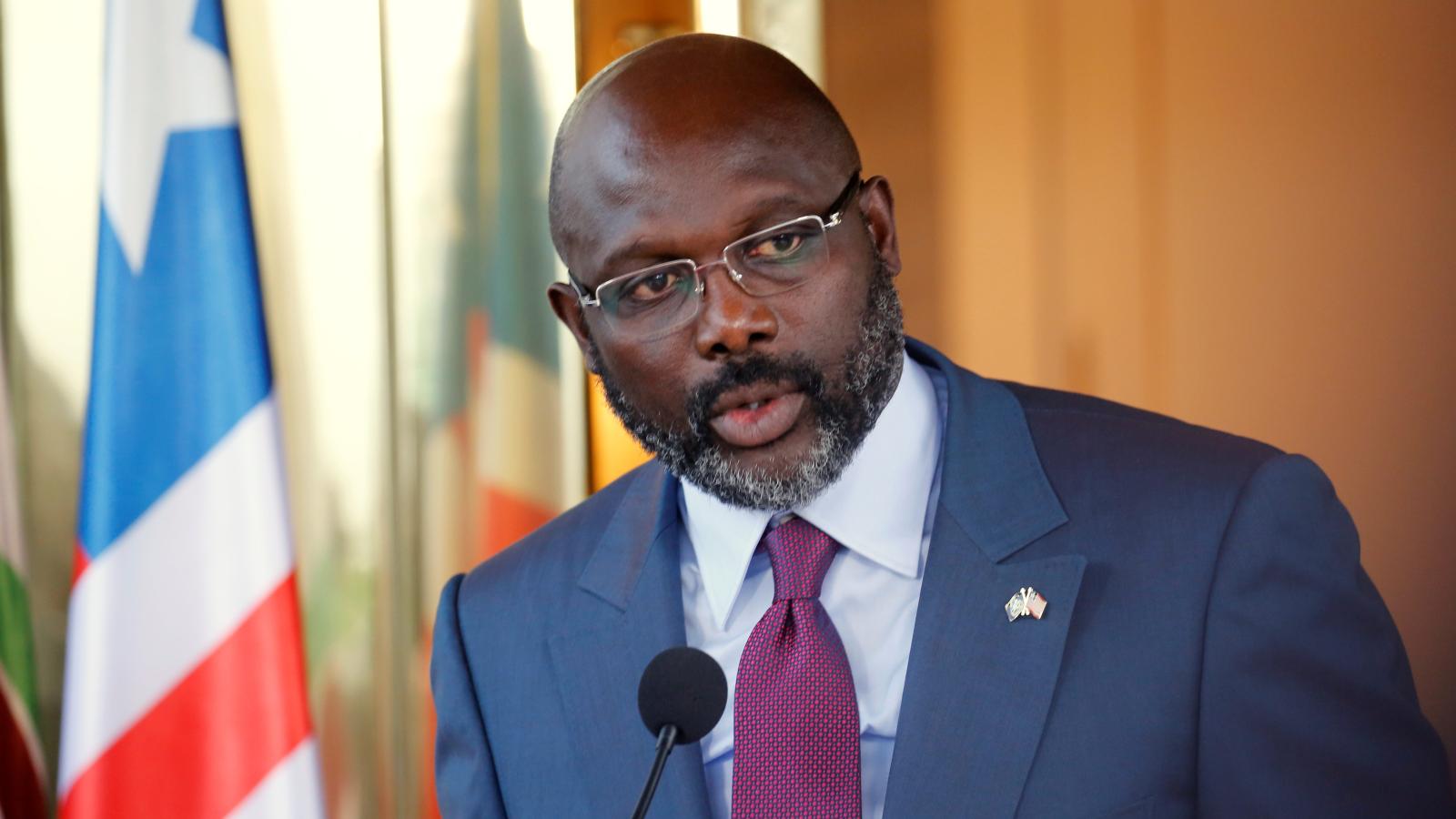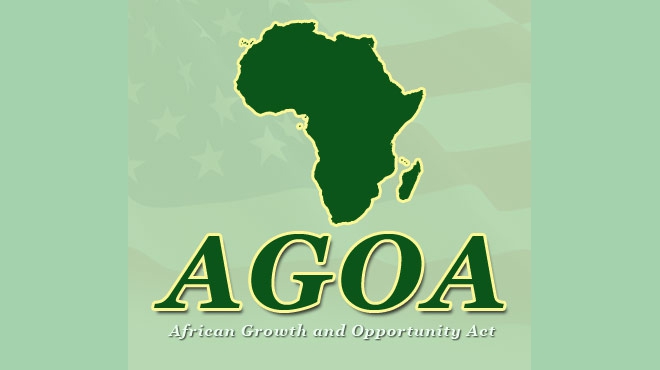Nowadays, companies and business enterprises across Africa are not only economic entities, but they are also considered multifunctional entities as they take into account environmental, ethical, political, and other social issues in their business planning.
Corporate Social Responsibility, CSR is a regulated business model that implies the procedures of interaction by a business, together with its stakeholders are responsible to the community and society at large.
It is thus clear that beyond the corporate level, CSR issues are significant at a wider level and have come to the forefront of every company and stakeholder’s vision. In particular, the COVID 19 pandemic and the recent global financial crisis have led to a remarkable evolution of the corporate sectors in their role and responsibility toward the community and the society at large.
CSR is an important issue and its involvement by corporate sectors, government, and other agencies in society are imperative. The contribution of business firms, government, regulatory bodies, and other organizations to society is important to a greater extent for addressing socio-economic problems on the African continent.
CSR also develops from other factors such as the government’s inability to provide adequate social services and other related issues to the environment, economics, ethics, and other social issues because they are responsible for the impacts of their operational activities on the wider community.
The social role of corporate activities in Africa is mainly dominated by large enterprises. Conflict, poverty, impacts of climate change, and inequality remain high in Africa, and much has been done by the African corporate sectors and government with regard to social development through the social involvement of business enterprises.
Key CSR Standards
As African companies continue to build up experience in CSR, the development of standards has emerged as a powerful tool for ensuring a common standard of practice.
Over recent years a range of standards have been developed by businesses and governments and these standards have been the key mechanism for scaling up from individual CSR action to broader action. It is argued that this approach has helped to advance the practice of corporate responsibility, providing clarity and a common basis of rules and breaking unproductive stalemates between businesses and their standards.
CSR drivers in Africa
Although there is no direct obligation; the corporate sector receives pressure from various groups for social development and environmental protection. In Africa, the key CSR drivers are trade unions. They play a significant role in labour law, working conditions, job allocation, and employee benefits among others.
African civil society organizations also have an influential voice regarding environmental protection, equal opportunities, and human rights.
Consumers’ and customers’ views are also an important factor in Africa. Many customers prefer to buy products from socially responsible companies.
The media/press also plays a key role in Africa by providing avenues for stakeholders to exert pressure through political structures.
CSR Activities by African Companies
Major areas of CSR activity by African companies are education, social and community development, health and HIV/AIDS, environment, food security and agriculture, entrepreneurship and small business support, job creation, training and skill development, sport development, arts and culture, housing and living conditions, and safety and security.
For the world’s biggest businesses, corporate social responsibility projects are a way to show that their purpose goes beyond maximizing profit. The projects can fortify brand equity by creating lasting relationships with influential stakeholders.
For example, South African group MTN, Africa’s largest telecom, has started over 900 projects in its 20-year existence in Nigeria, usually under the umbrella of the MTN Foundation. It has spent 55 million on scholarship schemes, maternal health improvement, and promoting performing arts, among other things. About 30 million Nigerians have been reached by these initiatives.
Lafarge Africa Plc is another global leader in CSR and Sustainability and we are happy that our impacts are being recognized. The company’s empowerment programme cuts across four key areas of social intervention which include education, health, infrastructure development and other forms of support.
One of Lafarge Africa’s flagship CSR programs is the National Literacy Competition, which engages public primary school pupils across the country who display and improve their literacy skills by competing in literacy-related activities. Since its inception, the competition has impacted more than 700,000 pupils in 1,665 schools across 544 local government areas in Nigeria.
CSR in Africa, primarily a business response to social and environmental challenges, continues to find its role amid social, environmental, and ethical issues and demands across the continent.


